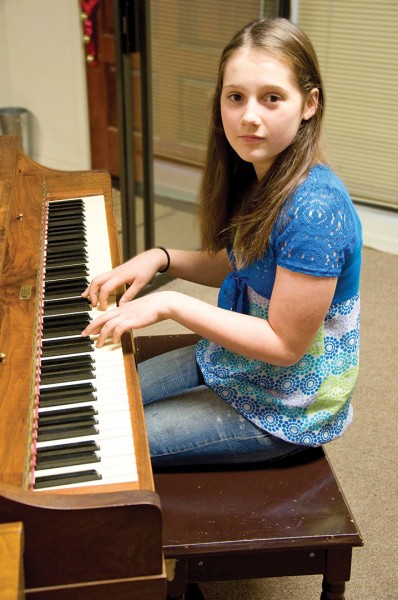 As the old joke goes, the way to Carnegie Hall is “practice, practice, practice.” Yet, establishing and enforcing a practice schedule is likely to be one of the biggest challenges for parents of music students. Kids may love music, but they don’t always love to practice – and they don’t know the first thing about effective practicing. This is where parents can help, even those who don’t know the first thing about music. While you may not know how to play the piano, you do know how to learn and how to set up an environment for learning. And you know how to observe, listen and communicate. Here’s how to apply those skills to help your child on the path to a successful music experience.
As the old joke goes, the way to Carnegie Hall is “practice, practice, practice.” Yet, establishing and enforcing a practice schedule is likely to be one of the biggest challenges for parents of music students. Kids may love music, but they don’t always love to practice – and they don’t know the first thing about effective practicing. This is where parents can help, even those who don’t know the first thing about music. While you may not know how to play the piano, you do know how to learn and how to set up an environment for learning. And you know how to observe, listen and communicate. Here’s how to apply those skills to help your child on the path to a successful music experience.
Practice Makes … Permanent
We all know that practicing is key to learning to play the piano. But here’s what most of us don’t know: there are good ways to practice and bad ways to practice, and if you aren’t practicing correctly, you might as well not be practicing at all. If you practice incorrectly, you will learn incorrectly. But learning effective practice techniques is a difficult task, especially for young children who haven’t yet learned to identify mistakes, let alone find effective ways to fix them.
The main point parents and music students need to understand is that effective practice does not mean doing the same thing over and over again. In fact, mindless repetition can be detrimental if the student simply repeats (and hence learns) mistakes.
How to Help a Child Practice the Piano
The quality of practice is so important that some teachers abandon time-based minimums for daily practice and instead advocate setting practice goals that are centered around achieving certain technical or musical results.
Ironically, while the basics of good practice seem difficult for children (and sometimes, for their parents as well), good practice habits actually make learning piano much easier, much less frustrating, and much more fun. By helping children establish good practice habits as early in their musical education as possible, parents will be putting a music student on the road to learning an instrument the most effective way possible. Bad practice habits lead to frustration, and often result in kids quitting lessons.
Parents of young beginners should be sure that they understand the teacher’s practice instructions because most second and third graders will forget what they are supposed to do between the end of a lesson and the beginning of the next practice session. Most teachers write practice instructions in an assignment book. Even so, young children will need help remembering which tasks need to be practiced. It also helps if they practice as soon as possible after the lesson; this helps them remember what they just learned.
Goal-Centered Practice Strategies
Goal-centered practice instructions give more guidance than a simple mandate to “practice for half an hour every day.” However, for parents to help, they have to be attentive not only to the fact that the child is sitting at the piano but also to what exactly is being practiced – and how. Often, children will simply bang away happily for a few minutes on a song they “made up” or a chord progression their best friend taught them. Parents need to practice “mindful listening” as much as their children need to engage in “mindful practice.”
Some examples of goal-centered practice instructions include:
- “Practice this scale until you can play it with your eyes closed.”
- “Play each line of the song until you can play it with no mistakes.”
- “Practice the right hand until you can play it with no mistakes. Then practice the left hand. Then put them together.”
- “Practice the song until you can play it with the metronome ticking at 100 beats per minute.”
- “Count out loud.”
A parent who listens in on lessons should be aware of what the teacher is stressing. I have probably said the words “Count out loud” one million times, and I’ve written it in assignment books close to that many times too. But it doesn’t always happen at home. Even a non-musical parent can help a child enormously by going over the practice instructions point by point and saying: “Your teacher wrote that you should be counting out loud, but I didn’t hear any counting. Can you show me?” Or: “Didn’t you play that scale with your eyes closed in your lesson? Show me.” Or: “Did you practice that line of the song so you can play it with no mistakes? Show me.”
One sure give-away that poor practice is taking place is easy to spot. Most children will start at the beginning of a song and play through to the end, with intermittent stops and starts, occasionally correcting mistakes. They then go back to the beginning and repeat the process, generally with the exact same mistakes. Any reputable piano teacher teaches children to break a piece of music into small parts and to correct mistakes before moving on. A child who is playing a mistake-ridden piece from beginning to end over and over again either has a poor teacher or is not following instructions.
Finally, parents should be sure that any written homework is completed before the next lesson.
Communicating with Music Teachers About Practice Issues
A parent can also help by communicating with the teacher. If the teacher does not include practice suggestions or goals in the assignment book, a parent shouldn’t be afraid to ask for suggestions. Similarly, the parent should also discuss any practice issues with the teacher. For example:
- “Johnny seems to just rush through each piece and then he wants to turn the page and do something else.”
- “Suzie thinks she is playing the piece correctly, but I can hear that something’s not right with the rhythm. She never counts. I don’t know how to help her.”
- “I know you told her to use the metronome, but she says she doesn’t understand how to use it.”
A good teacher will have some strategies to deal with such problems, and can address these issues in lessons.
As a parent, you are part of the triangle of your child’s music education: The other sides of the triangle are the teacher and the student. As children get older and more independent, they may not need or want your help with their practice sessions. But in the first year or two, children who have active parental involvement typically learn more than those who are left to flounder on their own.
Posted in: Art & Music
Comment Policy: All viewpoints are welcome, but comments should remain relevant. Personal attacks, profanity, and aggressive behavior are not allowed. No spam, advertising, or promoting of products/services. Please, only use your real name and limit the amount of links submitted in your comment.
Comments
Leave a Reply
You Might Also Like...
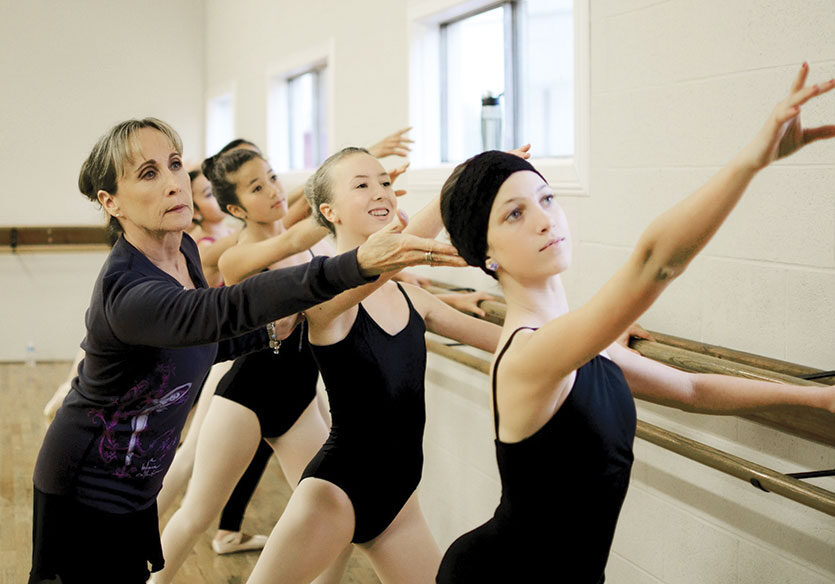
A Life of Dance – Debi Larsen And The Redding Dance Centre
The North State is home to a variety of businesses and organizations that promote the arts and is privileged that these include the remarkable talents of artists such as Deborah […]
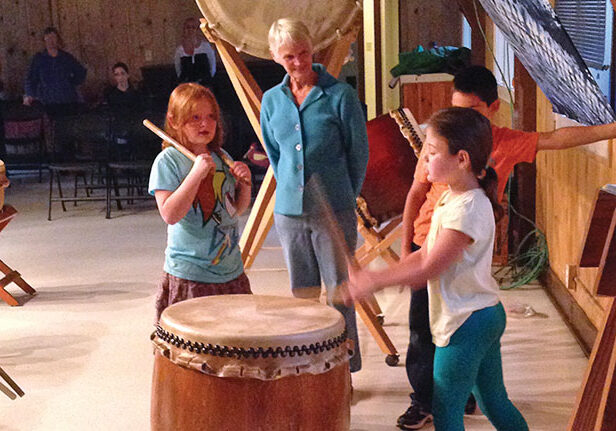
Hai Ho! Hai Ho! It’s Off to Taiko We Go! – In Mt. Shasta: Taiko Classes for Youth
Taiko is an ancient Japanese style of drumming that, in the last half century, has undergone an evolution into an ensemble performing art. If you’ve been fortunate enough to have […]
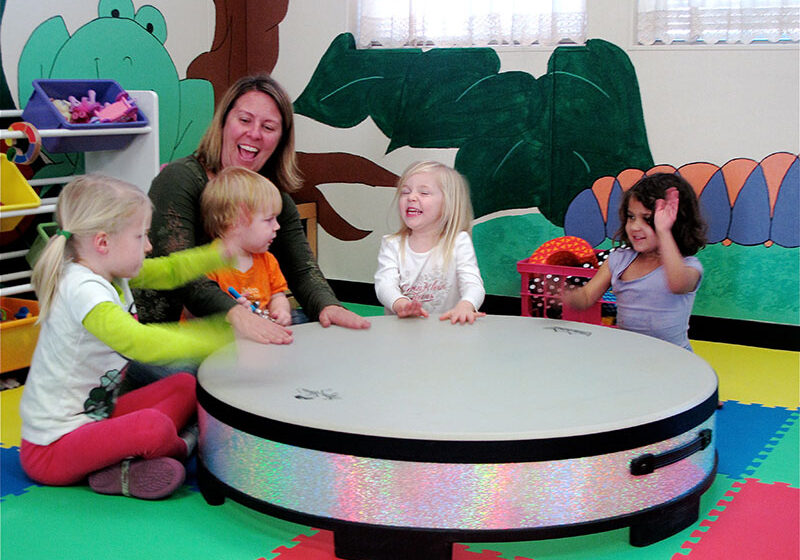
Music & Movement Toddler Classes
Looking for something fun to do with your toddler? Children and their parents will enjoy these creative class times filled with music, movement and plenty of smiles. Movement and Music […]
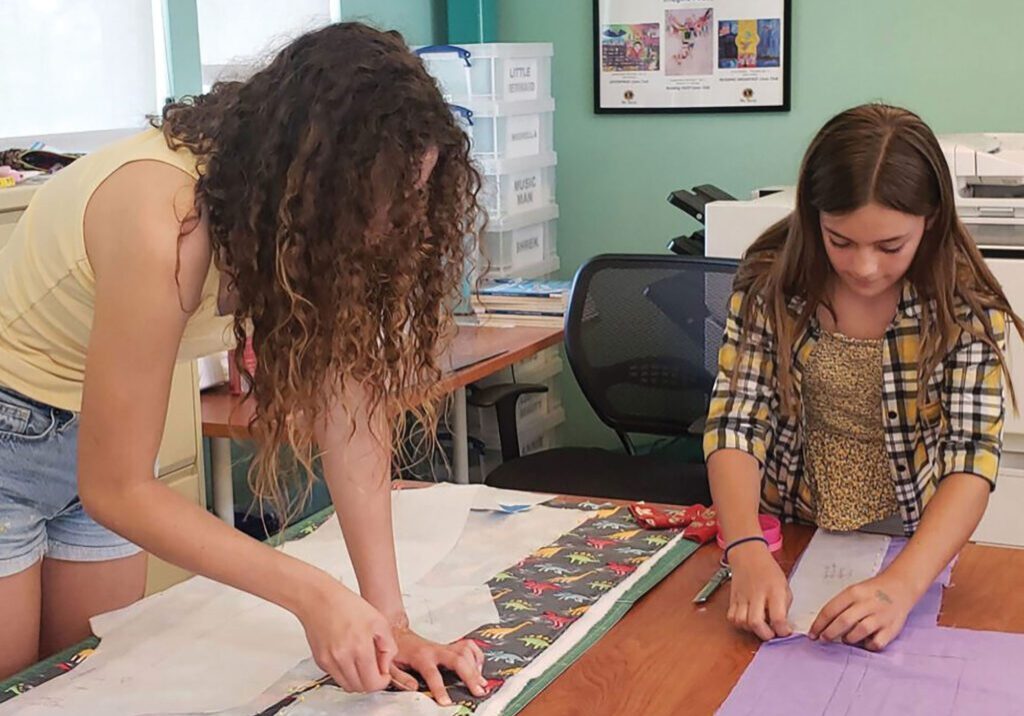
More Than What It Seams: What Your Child Could Gain from Learning to Sew
When I went to middle and high school, (many years ago when dinosaurs roamed the Earth), public schools offered not just home economics classes but actual sewing classes. I even […]


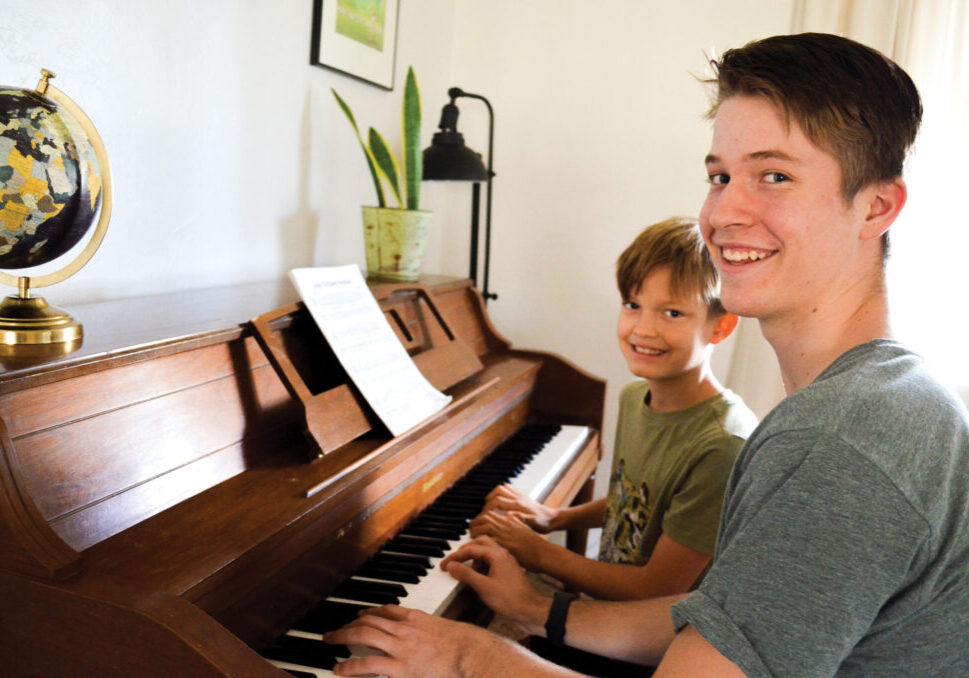
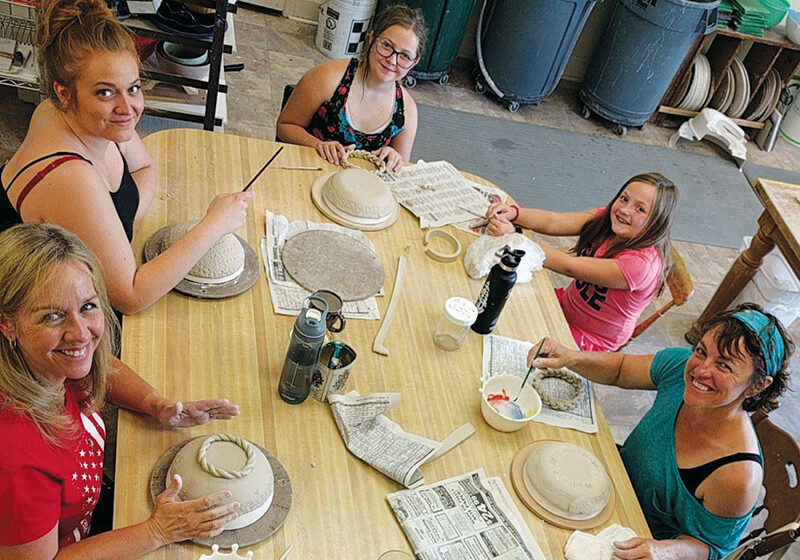
Kendall Everett says
Listening in on the piano lessons is a great idea to know how to help the child practice at home. When the piano gives suggestions, it’s important they are followed through at home. Taking notes during the lesson on how you can help practice would also be a good idea.